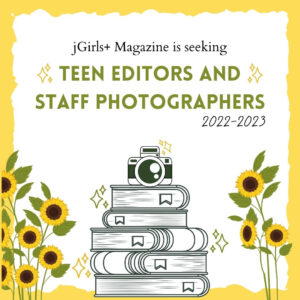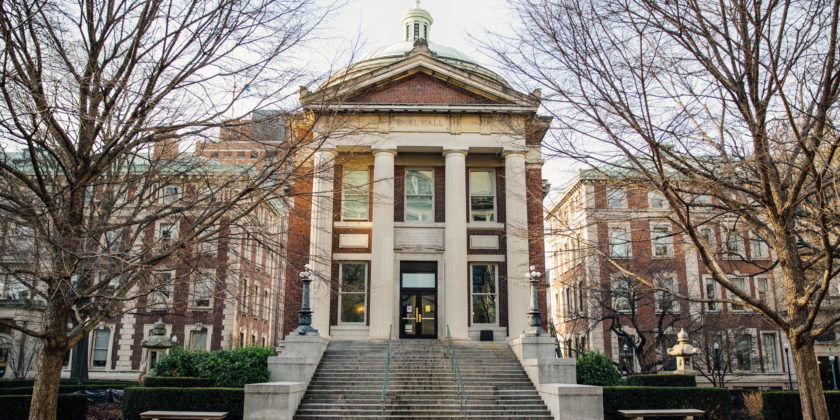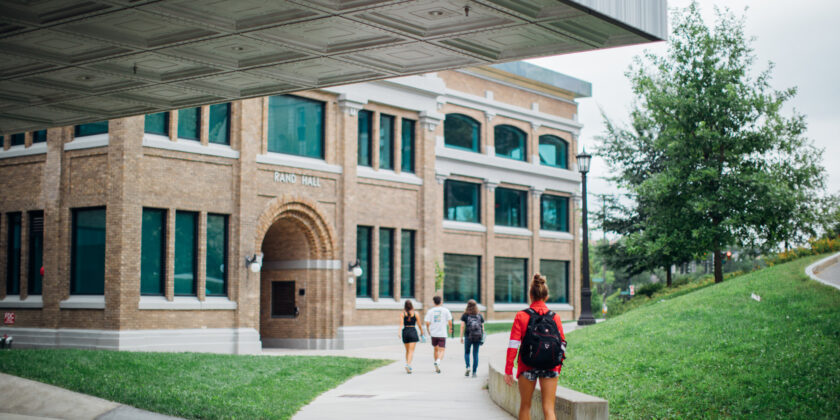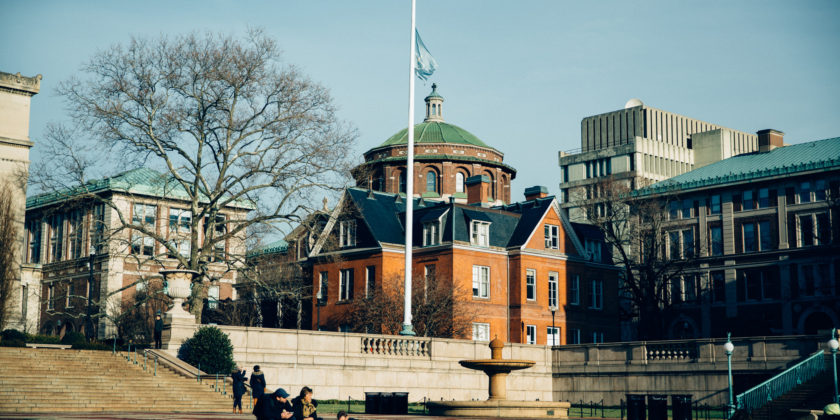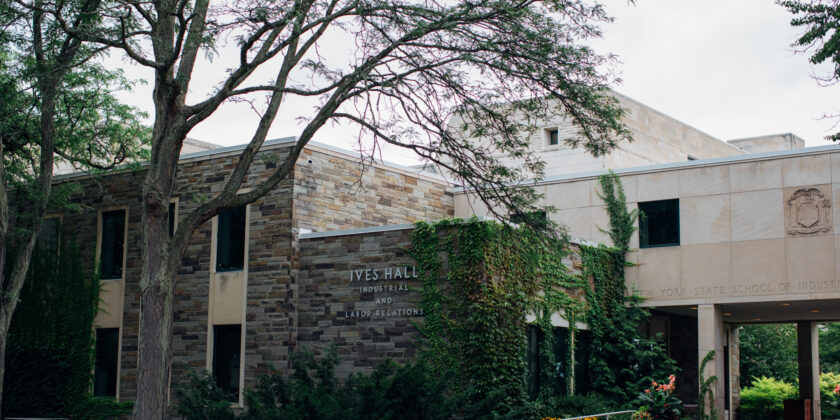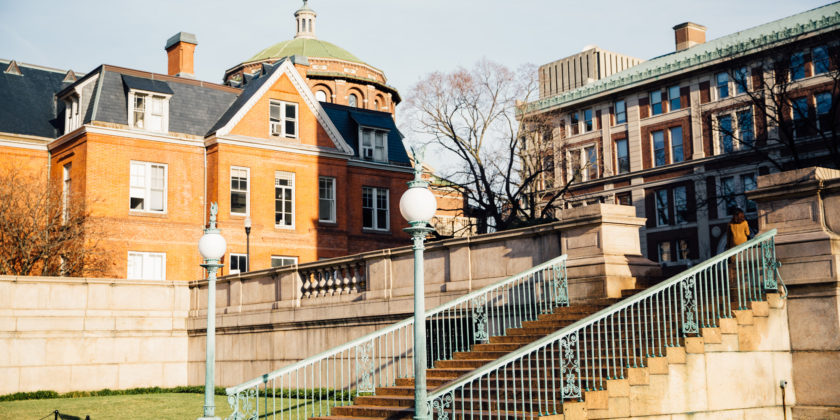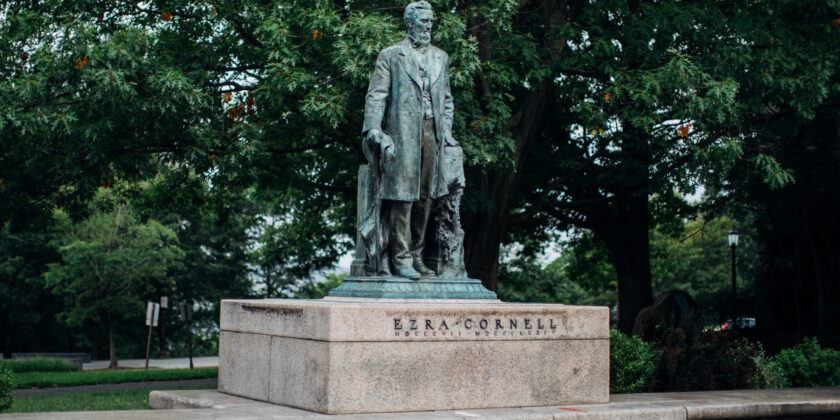As part of your college application, extracurricular activities—including those over the summer— help demonstrate your intellectual curiosity and commitment to an area of study (typically, the one you might pursue in college). The following programs and other enrichment opportunities are some of our favorites for students interested in computer science and technology.
Please keep in mind that “programs” are not the only way to explore academic interests. In fact, many colleges like to see students go beyond canned programming (ask us about this directly). You can join clubs at your school or locally, take free online classes via edX and Coursera, shadow, or intern (aka volunteer for most students)—there are tons of options ranging from super formal (and pricey) to those as simple as reading in your free time.
Google Code Jams/Competitions
Not a program, but very cool! Put your coding skills to the test as you work your way through multiple rounds of algorithmic coding puzzles for the title of Code Jam Champ.
Congressional App Challenge
The Congressional App Challenge is the most prestigious prize in student computer science. Participation in the challenge has grown exponentially and has reached underserved, diverse, and rural student populations. It is partnering with UpBrainery Technologies to provide 15 hours of free educational resources to students. Access to step by step instructions on how to successfully build your own web or mobile app.
Harvard Computer Science Classes – Free
Harvard offers many free higher-level CS classes for students to explore, including –> CS50’s Introduction to Game Development; CS50: Introduction to Computer Science; CS50’s Introduction to Programming with Scratch; Applications of TinyML
Anson L. Clark Scholars Program
Through this seven-week, intensive research program, 12 juniors and seniors will have the opportunity to participate in hands-on research in a variety of areas, including computer science, at Texas Tech University with faculty. Scholars receive room and board, and at the successful completion of a project report, they will earn a $750 stipend. In addition to research, scholars will participate in activities, seminars, and field trips.
National Institute of Standards and Technology (NIST) Summer High School Intern Program Research
NIST research is subdivided into six organizational NIST laboratories that conduct research in a wide variety of physical and engineering sciences. The labs respond to industry needs for measurement methods, tools, data, and technology. Six laboratories participate in the SHIP program.
Due to the multi-disciplinary nature of NIST’s research, students should look through the different websites above to discover a best-fit project area. The following information describes the types of research performed by each laboratory. See research projects done in previous years.
Stanford AI4ALL
Stanford AI4ALL aims to increase diversity in the field of Artificial Intelligence. During this three-week online program, students are immersed in AI through a combination of lectures, hands-on research projects, and mentoring activities. Participants engage with professionals in the field to learn about cutting-edge ideas, such as how AI can be applied in medicine, disaster response, and combatting poverty.
CMU Computer Science Scholars
Participants will attend lectures by Carnegie Mellon faculty with expertise in various aspects of computing. They will also attend two academic seminars focused on programming and higher level mathematics. Project based learning will supplement classroom experiences and offer students an opportunity to apply learned concepts to real world challenges. Outside of the academic experience students will engage virtually with industry leaders to learn about the vast opportunities in the field of computing. Students will have an opportunity to be mentored by industry leaders throughout the country. At the conclusion of the program students will receive a comprehensive evaluation which can be integrated into their academic portfolios for college admission purposes.
Women’s Technology Program – MIT
The MIT Women’s Technology Program (WTP) is a rigorous four-week summer academic experience to introduce high school students to engineering through hands-on classes, labs, and team-based projects in the summer after 11th grade. WTP is designed for students who are excited about learning, have demonstrated their ability to excel at math and science in their high school classes, and who have no prior background (or very little) in engineering or computer science, with few opportunities to explore these fields. WTP is a women-focused, collaborative community aimed at empowering students from groups historically underrepresented and underserved in engineering. We especially encourage students to apply who will be the first family member to attend college, who come from high schools with limited access to STEM classes and activities, or who are African American, Hispanic, or Native American.
Girls Who Code
Events and programs vary year-to-year. Check site for more information.
Girls Teaching Girls to Code
Events and programs vary year-to-year. Check site for more information.
Google Computer Science Institute (Summer Before COLLEGE!)
Google’s Computer Science Summer Institute (CSSI) is a three-week introduction to computer science (CS) for graduating high school seniors with a passion for technology — especially students from historically underrepresented groups in the field. CSSI is not your average summer camp. It’s an intensive, interactive, hands-on, and fun program that seeks to inspire the tech leaders and innovators of tomorrow by supporting the study of computer science, software engineering, and other closely-related subjects. It is a 3-week program, and it is free.
Others:
Illinois Tech
NJ GSET – GovSchool
Khan Academy – Computing Section
*Stay in the know! Subscribe*
